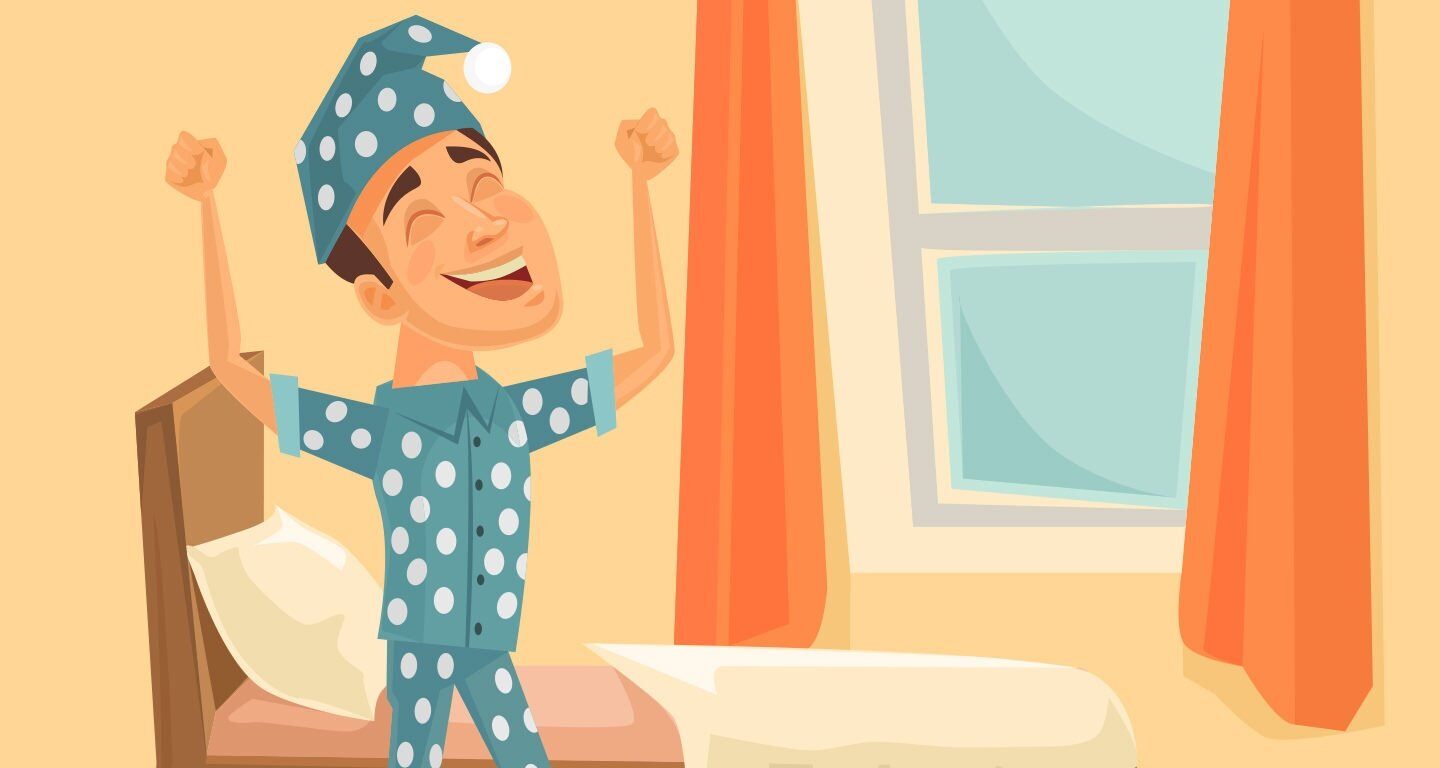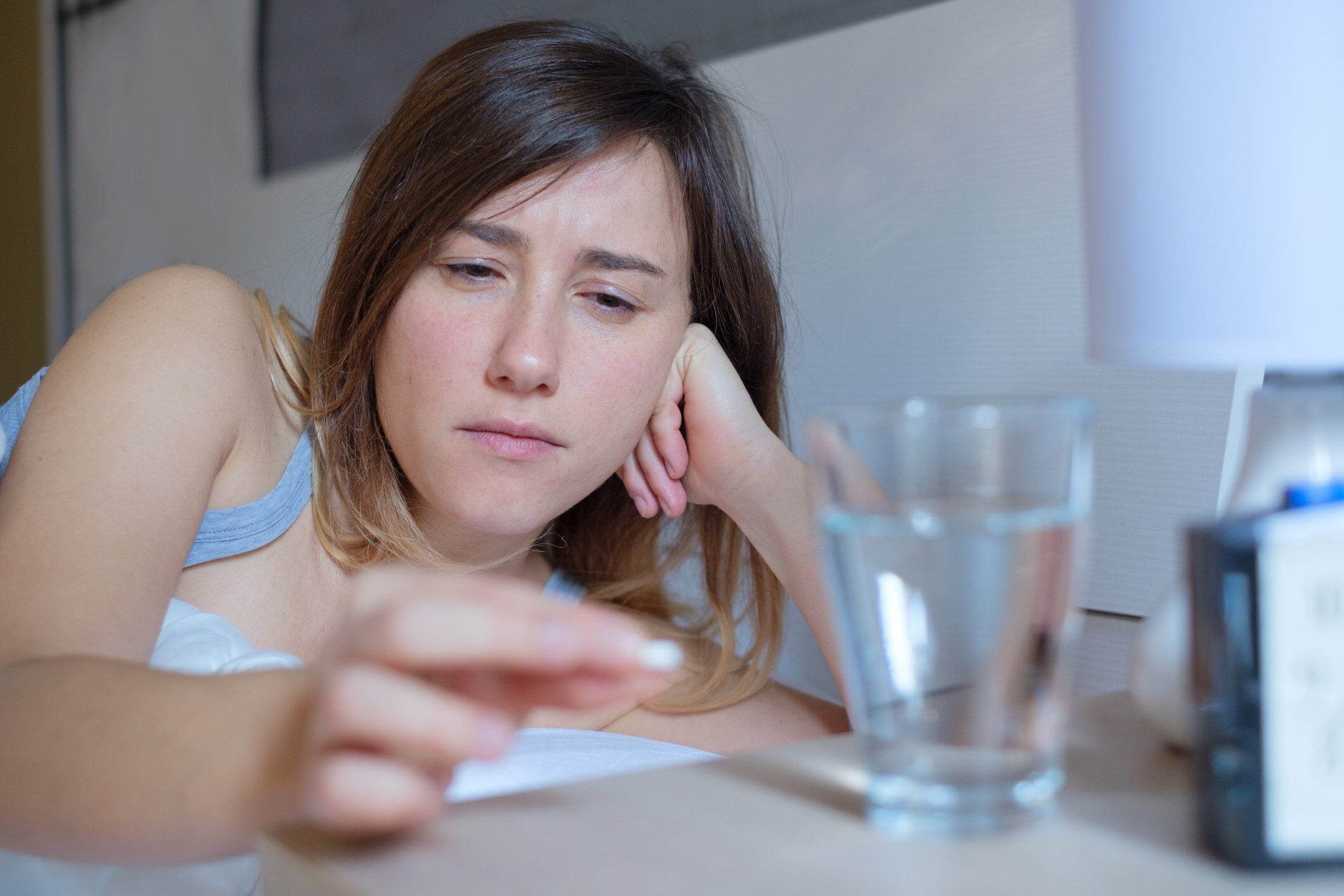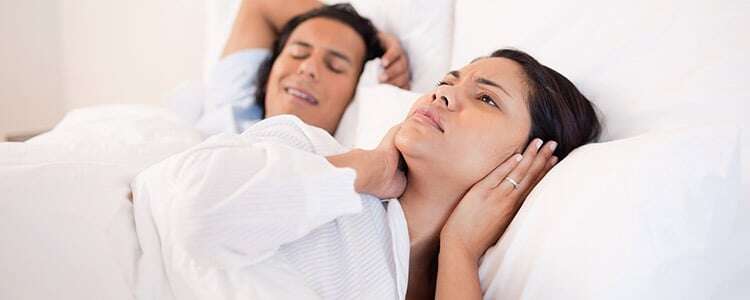The New Zealand weather is warming, the sun is shining, the sky is blue and everything is in bloom! It only means one thing: Spring is around the corner! That beautiful time of the year is nearly here and you’re really excited!
That is, unless you suffer from hay fever — then this season isn’t always as pleasant. Unfortunately, hay fever may also have an impact on sleep quality too.
Hay Fever Symptoms During The Night
If you are a hay fever sufferer, you are no stranger to the sneezes, streaming nose, and itchy eyes of hay fever during Spring due to a reaction to the pollen and spore-filled air. Unfortunately, the night doesn’t offer much respite.
Hay fever sufferers often find that their symptoms get worse during the evening, because the pollen floating around during the day falls back down to the ground as the temperature drops, exposing them to higher levels at night, and triggering their immune response.
These persistent symptoms can disturb sleep patterns during the night, causing tiredness, fatigue, diminished concentration, and poor mental health during the next day. In addition, hay fever (also known as Allergic rhinitis) may also predispose people to obstructive sleep apnea, due to the upper airways collapsing during sleep, resulting in reduced airflow, a drop in oxygen levels, and interrupted rest times1.
Subduing Hay Fever
Given that the impact of hay fever on sleep quality stems from the disruptive effects of its symptoms, the best way to improve your rest at night is to manage hay fever.
For example, if congestion or a runny nose is an issue, you may consider stopping by the chemist to pick up some antihistamine night-time tablets or nasal spray to open those airways to allow you to breathe easier in bed. You may also decide to keep your windows closed during the afternoon and throughout the night to avoid excess exposure to the outside air and increased pollen count.
And as always, if symptoms persist or continue to worsen, it’s always advisable to see your Doctor to get some professional advice.
Quality sleep every night is important for your health and well-being, so it’s worth the time and effort to work out what works best for you. After all, we all want to enjoy Spring, and you don’t want lethargy slowing you down!
Interested in other ways to improve your sleep?
Why not download our free eBook, 8 Ways To Sleep Better Tonight, which explains the eight best ways to improve your sleep in order to keep your energy levels high and your body healthy?
.webp?width=1158&height=143&name=Combined%20logo%20-%20Ecom%20Main%20300x200%20(1).webp)



